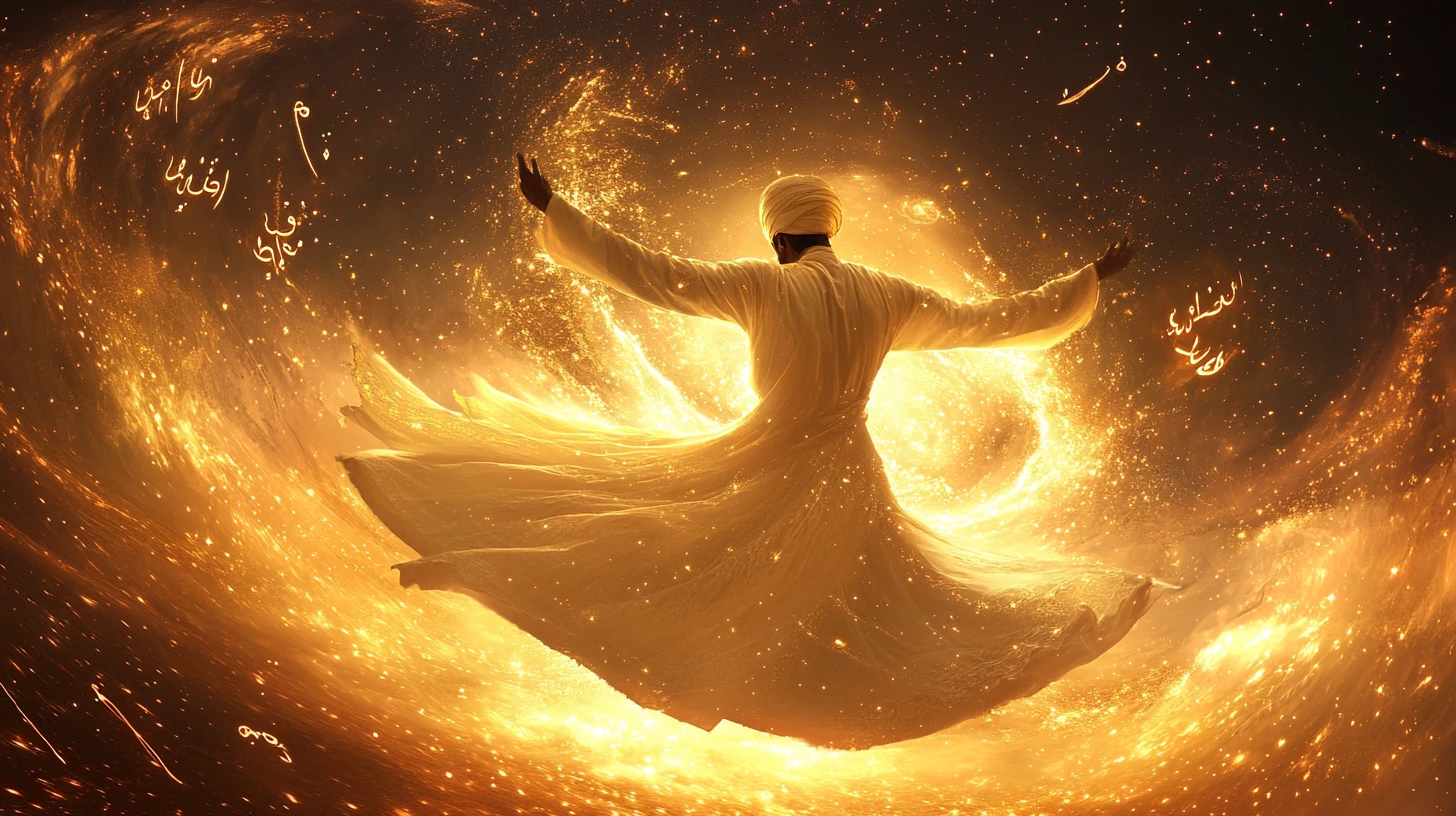Does love sometimes feel like a rush of excitement, other times like an obsession, and occasionally like a so-called “psychological disorder”?
Today, we’ll take an in-depth look at the various historical, cultural, and psychological aspects of love.
A Historical Journey of Love in the Subcontinent#
Ancient Eras
Pre-Mughal Period
Folk Tales & Shared Culture
In early times, love gained fame primarily through **folklore** and oral traditions. Tales like **Sassi-Punnu** and **Heer-Ranjha** depict love as an almost mythical force, focusing more on sacrifice and struggle than mere union.Mughal Era
16th–18th Century
Romantic Grandeur in Poetry & Architecture
From the **Taj Mahal** to intricate **Mughal miniatures**, this period showcased love in all its splendor. Poets of this era often portrayed love not just as a romantic bond, but also a path to spiritual awakening.British Raj & Modernity
19th–20th Century
Rationalism & Educational Reforms
The advent of modern education introduced a more **rational outlook** on emotions. Social reformers like **Sir Syed Ahmad Khan** encouraged balancing emotional expression with societal progress. During this time, romantic novels and short stories flourished in Urdu literature.Post-Partition
Mid-20th Century Onwards
Cinema, Drama & the Rise of Modern Psychology
Following the partition of the subcontinent, the portrayal of love in films and dramas shifted. **Financial and social realities** made practical love more prominent, while growing **psychological awareness** fueled discussions on the mental and emotional impact of relationships.
Love & Human Psychology#
Many psychological models describe love as a “multidimensional state”, encompassing:
- Emotional Aspects: Joy, sorrow, jealousy, attachment
- Neurochemical Activity: Increased dopamine and oxytocin
- Behavioral Expressions: Changes in daily routines (late nights, restlessness, constant daydreaming)
Al-Ghazali observed that if one’s heart yearns for the Divine, then love is pure, and if it’s tied solely to worldly desires, it can guide or misguide in turns.
Is Love Really a Psychological Disorder?#
- In cases of Obsessive Love, individuals may experience intense anxiety or stress.
- However, calling love itself a disorder is generally a misconception, because in moderation, love is a healthy human emotion.
When Does Love Show “Disorder-Like” Symptoms?#
- Extreme Emotional Swings: Tears, laughter, or anger at minor triggers
- Excessive Dependence: Basing all personal joy and purpose on one individual
- Incessant Doubts & Fear: Constant worry about losing the other person
- Social Withdrawal: Isolating oneself from friends, family, or everyday activities
A Sufi Perspective on Love#

In Sufi thought, love is often considered a Divine emotion, guiding humans beyond their limited selves:
Rumi wrote:
“One who truly tastes love transcends the ‘I’ and embraces unity.”
Bulleh Shah believed that love is a pure essence, freeing the heart from vanity and connecting it to a higher reality.
From this viewpoint, love is far from a disorder; it’s seen as a journey from the material to the spiritual realm.
When Is Professional Help Necessary?#
Sometimes, deep immersion in love can spark mental health issues. Experts advise:
- If you’ve been experiencing prolonged insomnia, loss of appetite, or constant sadness for several weeks, consult a mental health professional.
- Counseling or therapy can help you better understand your emotions and regain balance.
Tips for a Balanced Love Life#
- Self-Awareness: Regularly check in on your emotional state.
- Don’t Neglect Other Life Areas: Education, career, friends, and hobbies matter too.
- Respect Boundaries: Keep a healthy balance of personal space and closeness in relationships.
- Shared Interests: Explore new activities together to nurture a positive, growing bond.
Conclusion: Love—A Disorder or a Gift?#
Love is a vibrant part of the human experience, enriching us emotionally, spiritually, and intellectually. Taken to extremes, it may bring challenges, yet true empowerment lies in maintaining balance and self-awareness.
📌 Frequently Asked Questions (FAQs)
Can love actually be classified as a mental disorder?
Why does love sometimes feel overwhelming or all-consuming?
How is Sufi love different from romantic love?
How do I balance love without losing myself?
Whether you see love as a “disorder” or a Divine gift, it’s a profound force that can transform lives. The key is moderation and mindful understanding—allowing love to illuminate your path without overshadowing your well-being.
